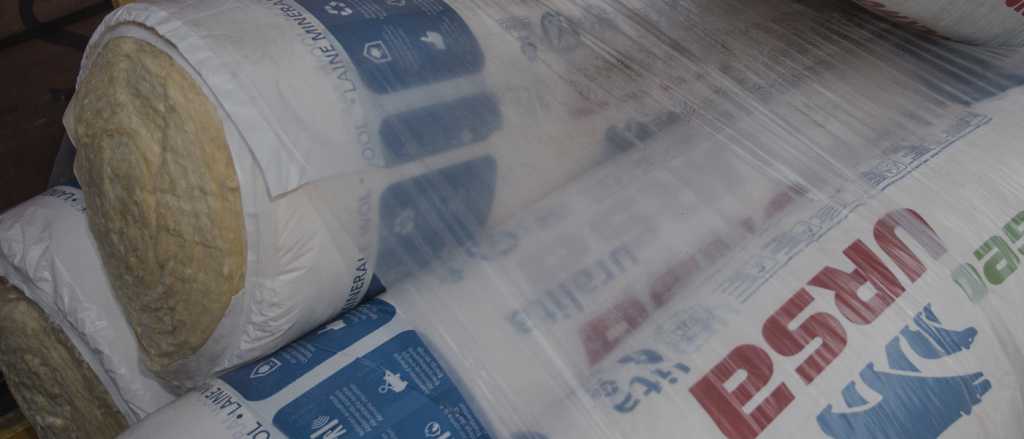How does acoustic insulation work?
When most people think about insulation, the first benefit they think of is the thermal properties which come with a material. But there is an added benefit you can get from acoustic insulation: the ability to soundproof, or at least to minimise the amount of noise getting in or out of a room.
Why use acoustic insulation?
Great for both commercial and domestic applications, the reasons people choose acoustic insulation can be quite varied. So let’s explore some of the reasons you might want to use acoustic installation in a commercial capacity:
- For when heavy machinery is used in certain areas, emitting a lot of continuous loud noise
- To increase productivity in offices where quiet is needed
- For spaces which require confidential meetings or discussions to take place
- For function buildings where multiple events are happening at once
And for domestic spaces:
- In spaces where there are multiple living quarters, such as a block of flats
- To create a practice or rehearsal space
- To create a personal office space where disturbance is kept to a minimum
- For a home theatre room
- Where overhead air traffic is a concern

How do you soundproof a room?
Acoustic insulation is ideal for soundproofing a room. Noise comes in waves, vibrating at different frequencies – much like the ripples created when you drop a stone into water.
Whether you want to keep the sound you make in the room – preventing disturbance to neighbours or your staff – or you want to shut outside noise out so that you can concentrate, acoustic insulation can be used in various ways to absorb or noise or block it out.
Your walls, ceilings and floors should all be considered when soundproofing as these are the barriers in place already which will be allowing sound in or out. Dense slabs or rolls of insulation can be used as part of the composition of your walls and floors, while those seeking sound absorption in the room to aid audio quality should seek specific outer-wall materials.
How do soundproofing materials work?

The science of how soundproofing and acoustic insulation works is down to the composition of the material. These materials, be it foam, wool or some other fibre, contain air cells specially manufactured into the product. When the sound vibrations hit these cells, they are broken down to prevent the sound from moving through the material in or out of the space.
If you notice deftly quiet in a room, or sense that no noise is reverberating in a room, it’s probably because the materials it has been constructed with are absorbing the sound and outside noises are being limited from getting in.
At E D Elson, we offer a range of insulation materials, so whether you’re looking for acoustic insulation to soundproof a space, or you want something with greater thermal efficiency for living spaces, contact us and we’ll be happy to help – we have branches in St Albans, Islington and Holloway. We stock some of the leading brands when it comes to insulation, including Knauf, EcoTherm and Celotex.

